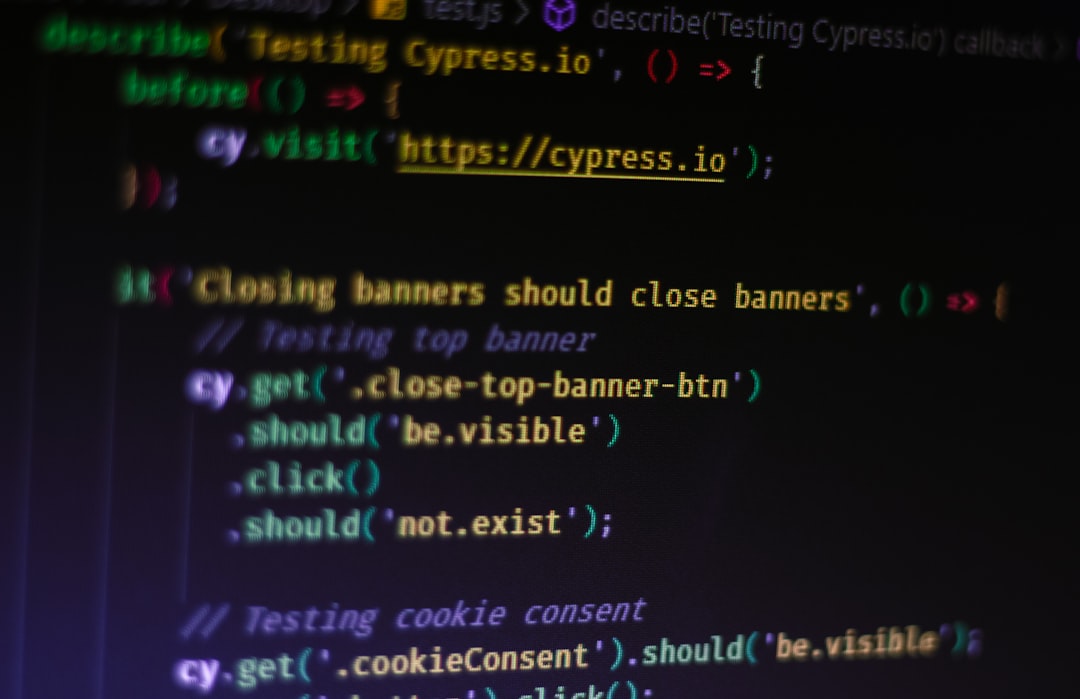When examining web security reports, it’s not uncommon to encounter unusual search queries or scan patterns, often created by automated tools or malicious actors probing websites for vulnerabilities. One such term that frequently appears in HTTP logs and web crawler footprints is “down ext:php”. While it may seem cryptic at first glance, understanding what it represents is crucial for developers, cybersecurity analysts, and IT administrators looking to protect their web assets from exploits or unauthorized access.
Contents of Post
What Does “down ext:php” Mean?
The term “down ext:php” originates from automated scanning patterns and custom search queries—primarily utilized by attackers to find websites running vulnerable PHP scripts or misconfigured server instances.
This query is a combination of two elements:
- “down” — This could refer to indicators or keywords on webpages that suggest that a server, system, or component is offline, broken, or not functioning as intended.
- “ext:php” — A shorthand way to filter out files with the .php extension, commonly used in web applications built with PHP.
When combined, “down ext:php” is likely searching for PHP pages that may indicate some form of failure, debug messages, or error outputs—elements that could lead malicious actors to vulnerable entry points.
How Security Scanners Use This Query
Web scanners—both legitimate and malicious—often employ automated scripts to search the internet for specific file types and status messages. In the context of penetration testing or exploitation attempts, the goal is usually to identify:
- PHP scripts displaying verbose error information
- Maintenance or debug pages inadvertently left publicly accessible
- Custom admin panels or server backends using “down” indicators signaling application misbehavior
- Misconfigured error pages that leak server paths or PHP warnings
Tools like Google Dorking, cURL-based scrapers, and vulnerability scanners like Nmap’s NSE scripts or Nikto increasingly use such search strings to automate reconnaissance. A simple example of a Google Dork could be:
intext:"down" ext:php site:example.com
This tells the search engine to look for pages on example.com that mention the word “down” in the text and are hosted on PHP files.

Even if the query looks primitive, it could point to pages like:
- error.php pages showing stack traces
- status.php indicating system health
- Or even pages like debug.php inadvertently left live after deployment
The Security Implications
Even though the query seems harmless—after all, it’s just looking for text and file types—the implications are serious. When attackers use these strings to locate “soft targets,” they’re not only identifying potential vulnerabilities but also learning how the target’s systems behave. For example:
- A PHP file returning the message “Database is down” may reveal the back-end architecture and integration points.
- An exposed admin panel with error messages might inadvertently show credentials, login tokens, or internal IP addresses.
Therefore, the presence of “down ext:php” in web security reports often signifies probing behavior. It’s a red flag that someone or some bot is looking for low-hanging fruit—sites that weren’t hardened before deployment.
Real-World Examples
There are numerous documented incidents where similar search styles have led to damaging breaches. In 2020, a number of websites were indexed with URLs pointing to test.php or admin_down.php that contained verbose debugging information and database connection strings. Once crawled by search bots and later identified by automated vulnerability scanners, these sites were quickly targeted for exploitation.
In another case, a compromised plugin on a popular CMS platform left a maintdown.php file open to the public. Attackers used this to reverse-engineer the site’s maintenance routines and inject unauthorized code during downtime windows.

How to Protect Against These Queries
While it may be impossible to stop someone from searching the internet using query strings like “down ext:php”, there are concrete steps web administrators can take to make such probing fruitless.
1. Remove or Rename Debug and Test Files
Ensure that development artifacts like test.php, debug.php, and info.php are removed before deploying a website live. Likewise, avoid naming admin or error pages with easy-to-guess terms like admin.php or status.php.
2. Implement Robust Authentication Controls
Critical files and folders should be placed behind strong authentication layers, such as two-factor authentication (2FA) or IP whitelisting. This ensures that even if a file is discovered, it’s not accessible.
3. Monitor Server Logs Continuously
If “down ext:php” or similar patterns frequently appear in logs, this could indicate a systematic reconnaissance effort. Make sure you set up automated alerts and log correlation to flag such attempts.
4. Disable Verbose Error Messages in Production
Configure PHP to hide error messages and stack traces unless running in a development environment. Also, ensure that server and app logs are stored securely and are not publicly accessible.
5. Use a Web Application Firewall (WAF)
A WAF can block automated scanners and abnormal search patterns. Many modern WAF services can detect inputs that resemble aggressive crawling and will block or throttle them automatically.
Conclusion
Understanding why “down ext:php” appears in web security reports helps you better appreciate the scale and nuance of modern web threats. Although the search term itself is simple, it serves a very targeted purpose: to find vulnerable, likely misconfigured PHP-based systems that give away clues about how a website functions internally.
This kind of reconnaissance is the opening act in the timeline of many cyberattacks. By paying attention to these patterns and proactively securing your PHP environments, you not only reduce your attack surface but also demonstrate a high level of operational maturity in cybersecurity hygiene.
Organizations should treat these signals not as trivial logs, but as actionable intelligence—reflecting the ongoing need for vigilance in defending web systems in an increasingly hostile digital landscape.

